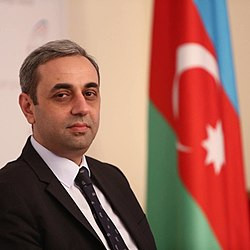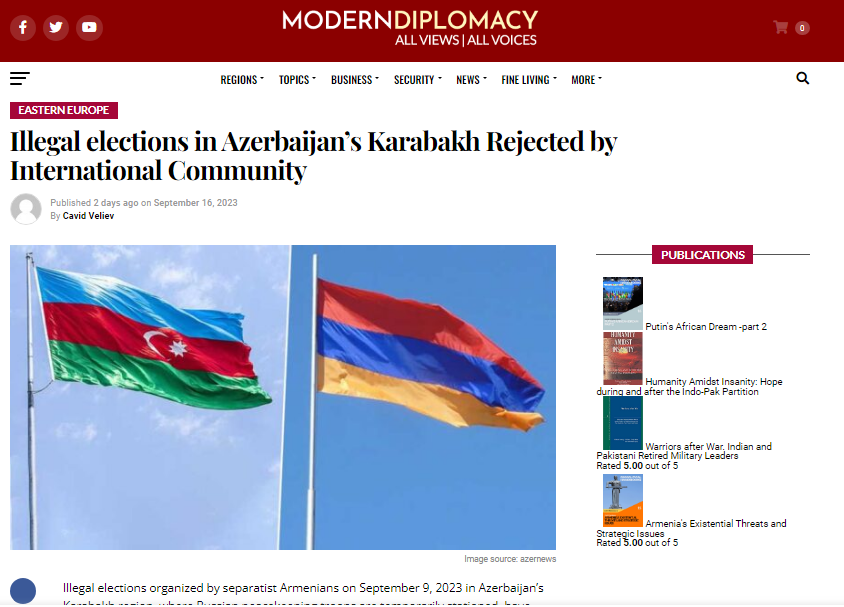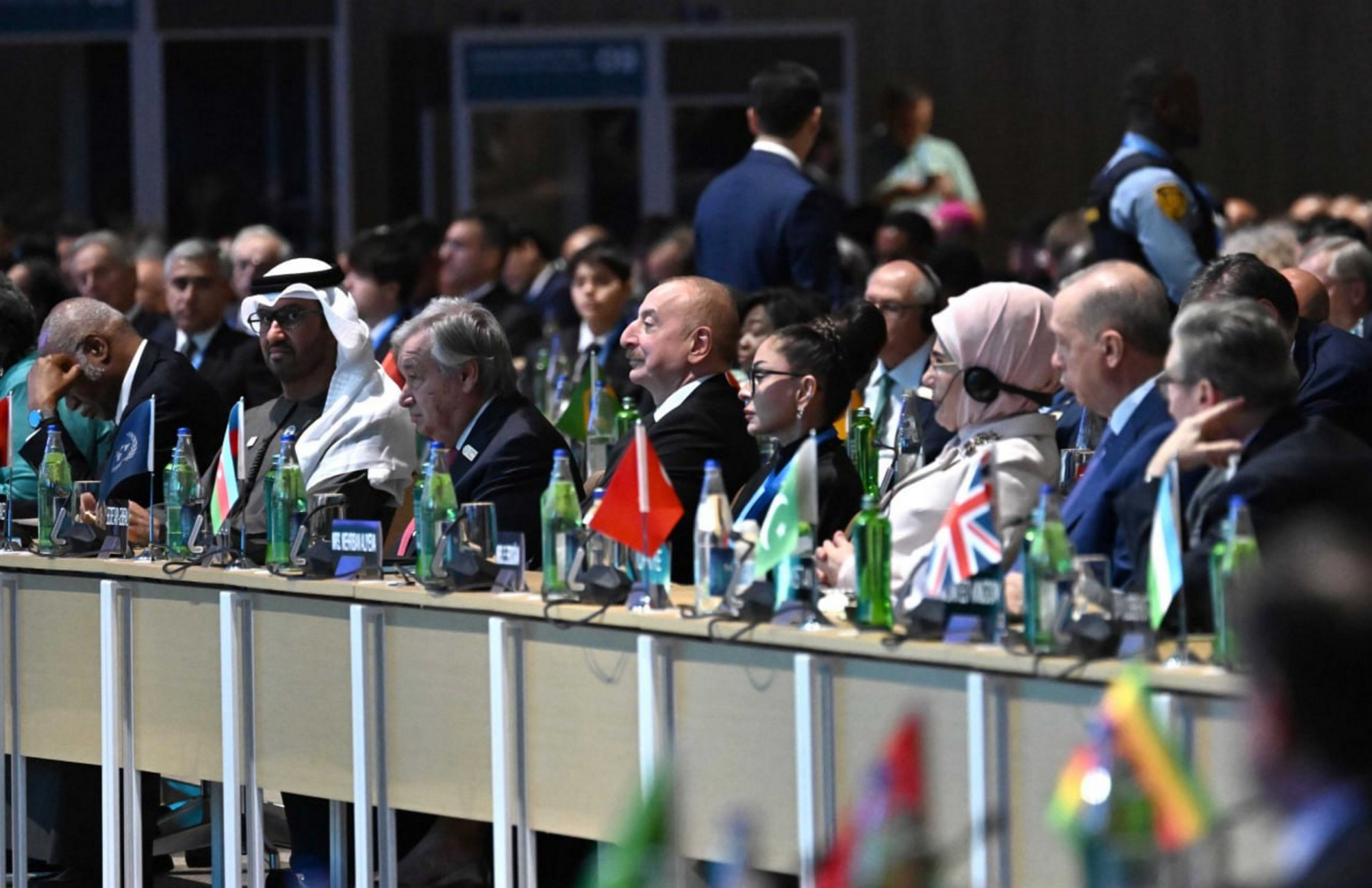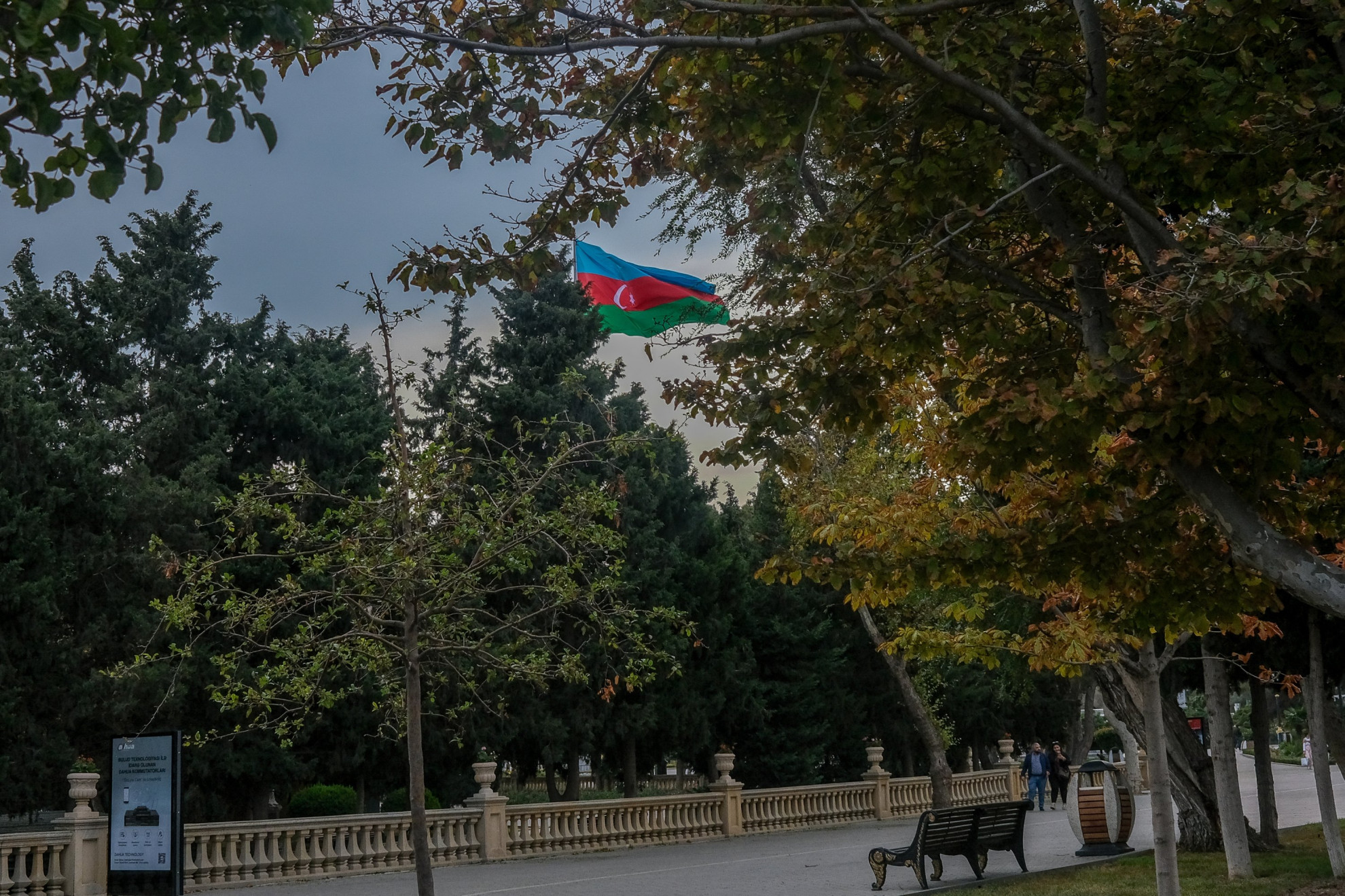Illegal elections organized by separatist Armenians on September 9, 2023 in Azerbaijan’s Karabakh region, where Russian peacekeeping troops are temporarily stationed, have added a new level of tension in the region. The fact that these sham elections took place at a time when Azerbaijan and the international community were putting forward demands and proposals for the reintegration of Karabakh Armenians into Azerbaijan caused a serious reaction. The elections were held by the separatists in an effort to win support from outside, but they instead increased international support for Azerbaijan’s territorial integrity.
The Azerbaijani Ministry of Foreign Affairs made a call, requesting that these false elections be condemned. States including the United States, UK, Ukraine , Uzbekistan, Turkey, Georgia, Kazakhstan, Kyrgyzstan, Hungary, as well as international organizations such as the Organization of Islamic Cooperation (OIC), the European Union (EU), the Organization of Turkic States (OST), responded to this request by not recognizing the elections and supporting the territorial integrity of Azerbaijan. The Turkish Foreign Minister stated that “these sham elections are a gross violation of international law, including UN Security Council resolutions and OSCE principles.” According to the foreign ministry of the Republic of Uzbekistan, Uzbekistan strongly supports Azerbaijan’s sovereignty and territorial integrity, condemns any interference in its internal affairs, and does not recognize the so-called presidential elections in Karabakh. While commenting on the so-called “presidential elections,” Stéphane Dujarric, Spokesperson for the Secretary-General, recalled Security Council resolutions affirming Azerbaijan’s sovereignty and territorial integrity, as well as the call for its complete respect.
Meanwhile, State Department Spokesman Matthew Miller stated at a press conference that the US does not recognize Karabakh as “an independent and sovereign state,” and hence does not accept the results of the so-called presidential election. “So-called “presidential elections” in Khankendi have no legal ground,” Secretary General of the Council of Europe Marija Pejcinovic Burić said on social media platform 9, 2023.
While everyone was waiting for the reaction of Prime Minister of Armenia Nikol Pashinyan, he said that there was nothing to congratulate.
Following these sham elections, Russian Federation President Vladimir Putin declared that Nikol Pashinyan closed the issue by acknowledging Azerbaijan’s territorial integrity and stating that the integration of Karabakh Armenians into Azerbaijan should go smoothly. This statement from the leader of a state, that is a strategic ally of Armenia, has peacekeepers in Karabakh, and has dominated the South Caucasus for the previous 200 years on the principle of divide and rule, was critical. The fact that Russia officially proposed to transfer Armenia Kalbajar and Lachin districts, as well as the former Nagorno-Karabakh Autonomous Region, to Armenia while Karabakh was under occupation signified that the situation was now acknowledged even by Russia.
The international community’s reaction to sham elections reflected both the requirement of international law and the demand of the diplomatic negotiations that have been ongoing for the past three years. Azerbaijan’s demands in this direction have been acknowledged internationally throughout the continuing diplomatic negotiations. One of the primary objectives of the three-year-long negotiations has been the elimination of the illegal structure that still exists in Karabakh, as well as the Karabakh Armenians’ preference for the integration process with Azerbaijan.
The Azerbaijani side had offered meeting aimed at integrating Karabakh Armenians into Azerbaijan and resolving their economic and social problems. In fact, President of Azerbaijan Ilham Aliyev appointed an Azerbaijani MP born in Karabakh as a representative to meet with Karabakh Armenians in February 2023. The first meeting took place on March 1, 2023, in the town of Khojaly, with the assistance of Russian peacekeepers. Later, Azerbaijan invited them to Baku, but they declined, expecting that Russia would “save” them.
In the following months, the need for the integration of Karabakh Armenians into Azerbaijan was strongly supported at meetings between the two countries’ foreign ministers in Arlington in May and Moscow in July as well as at meetings between the leaders in Brussels in June. Indeed, the parties agreed to meet at Yevlakh during the Moscow meeting, but the Armenians of Karabakh gave up at the last minute. It is also important to remember that there are Armenians in Karabakh who desire to have dialogue with Azerbaijan. But they were taken into custody. Ruben Vardanyan, a radical separatist who was brought to Karabakh from Russia, in one of the video interviews he gave suggested that individuals who engage in dialogue with Azerbaijan without the “government’s” consent should be shot. Following the illegal elections, several Armenian experts predict that there would be internal conflict in the region due to disagreements between separatists.
As a result, by staging sham elections, the separatist Armenians in Karabakh actually achieved the opposite goal, and support for Azerbaijan’s territorial integrity grew on a global scale. In fact, the process leading to the signing of a final peace agreement between Azerbaijan and Armenia can be accelerated by the integration of Karabakh Armenians into Azerbaijan. International actors who want the region to return to true peace and normalcy must now actively help the reintegration process.
However, the efforts to achieve peace and normalcy in the region are being blocked by Armenia’s and Karabakh’s separatists’ marginal demands, which are rejected by both Azerbaijan and the international community. The reality of the 30-year occupation has changed since 2020, but unfortunately neither Armenia nor the separatists in Karabakh want to acknowledge this.








